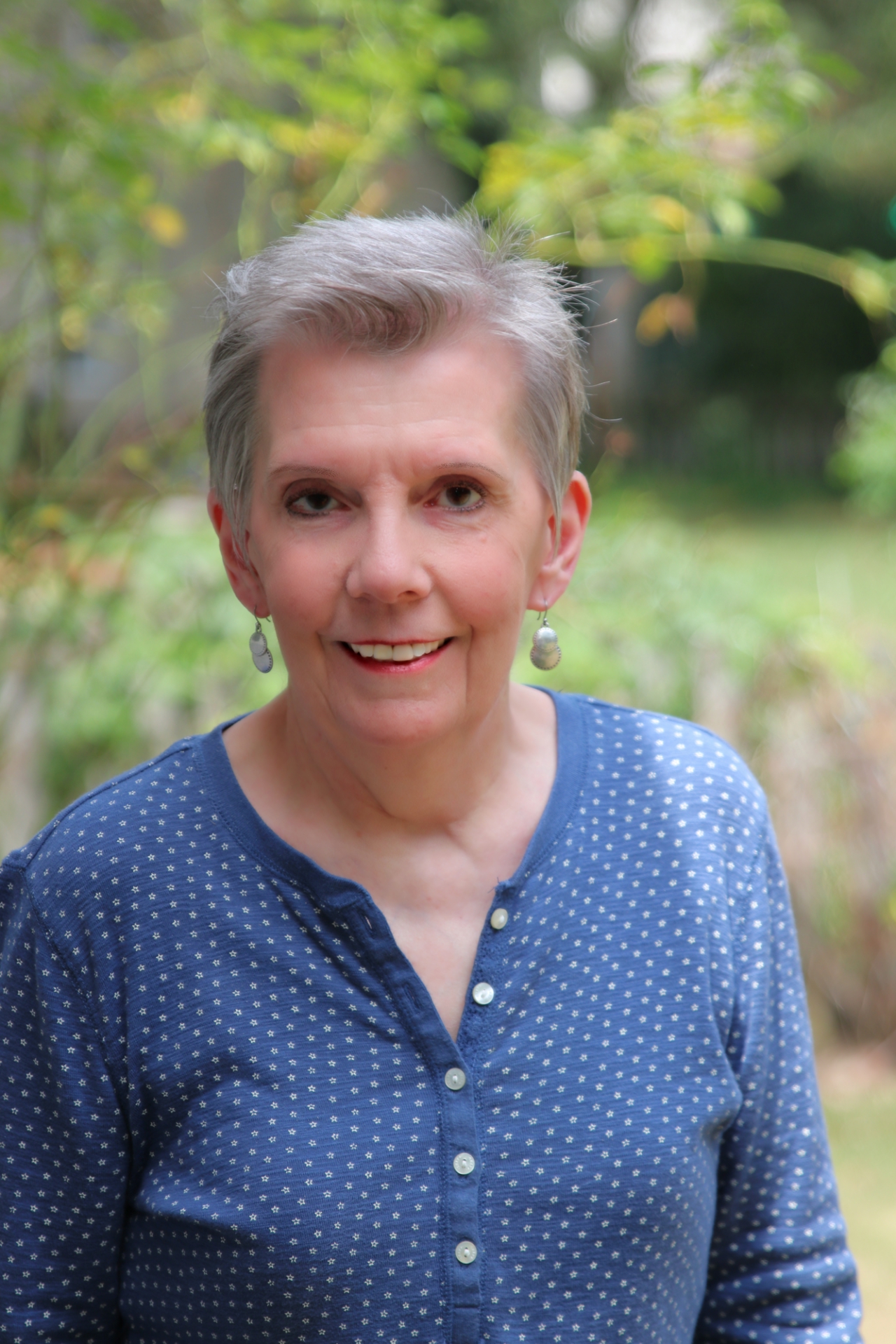If the newborn in the photo could talk, we might hear something like this: “Hey, it’s cold out here—why’d you take away my safe, warm place? And for cryin’ out loud, will you stop thumpin’ my behind!”
On the other hand, if the medical person speaks, we might hear something like this: “You’re a healthy one for sure—keep working those lungs to clear that fluid!”
You know where I’m going with this. Two human beings. Two very different perspectives amid the same situation. So, who’s right and who’s wrong?
Both speak truth, which makes neither at fault for anything. When they share their perspective, we get the full picture, or at least a more complete understanding of how each feels and their personal reality.
Another example:
A family member recently made the comment that after calmly sharing their perspective on a political issue with a relative, the relative fired back that the family member was completely wrong. And they were right. Period.
Seems it all goes back to perspective. Neither of the aforementioned family/relatives have lived the exact same life. Each has had a variety of different experiences, all of which have been integrated into the sense of who they are as a person and how [or if] they feel a part of a larger family or community.
To have a personal perspective is a good thing. When we share in an honest and respectful manner what we think and how we feel, we contribute much needed insight to the issue at hand. When that happens, we begin the meaningful process of problem solving.
On the other hand, when we make our perspective the priority with the intention to convince everyone else we are right, they are wrong, and there’s no middle ground for collaboration, we may as well throw gasoline on the fire.
There’s at least one way to avoid making a bad situation worse—recognize that we need each person and their unique perspective to make things better, for everyone. When we choose to be inclusive, even and especially when the subject matter or issue at hand is uncomfortable, we open the door to the kind of partnership that leads to solutions that will serve the greater community. And that includes in our families, in our neighborhoods, and across our nation.
Problem solving with fellow human beings takes time and is often a messy venture. Nevertheless, that doesn’t mean it has to be cruel, divisive, or create even more difficulties and challenges because we refuse to accept the truth that each of us is created in the image and likeness of God.
Do I tend to insist my perspective is the right one? Why?
Is it difficult for me to listen to what others have to say? Why?
Do I view “the other guy” as part of the problem, or part of the solution?







